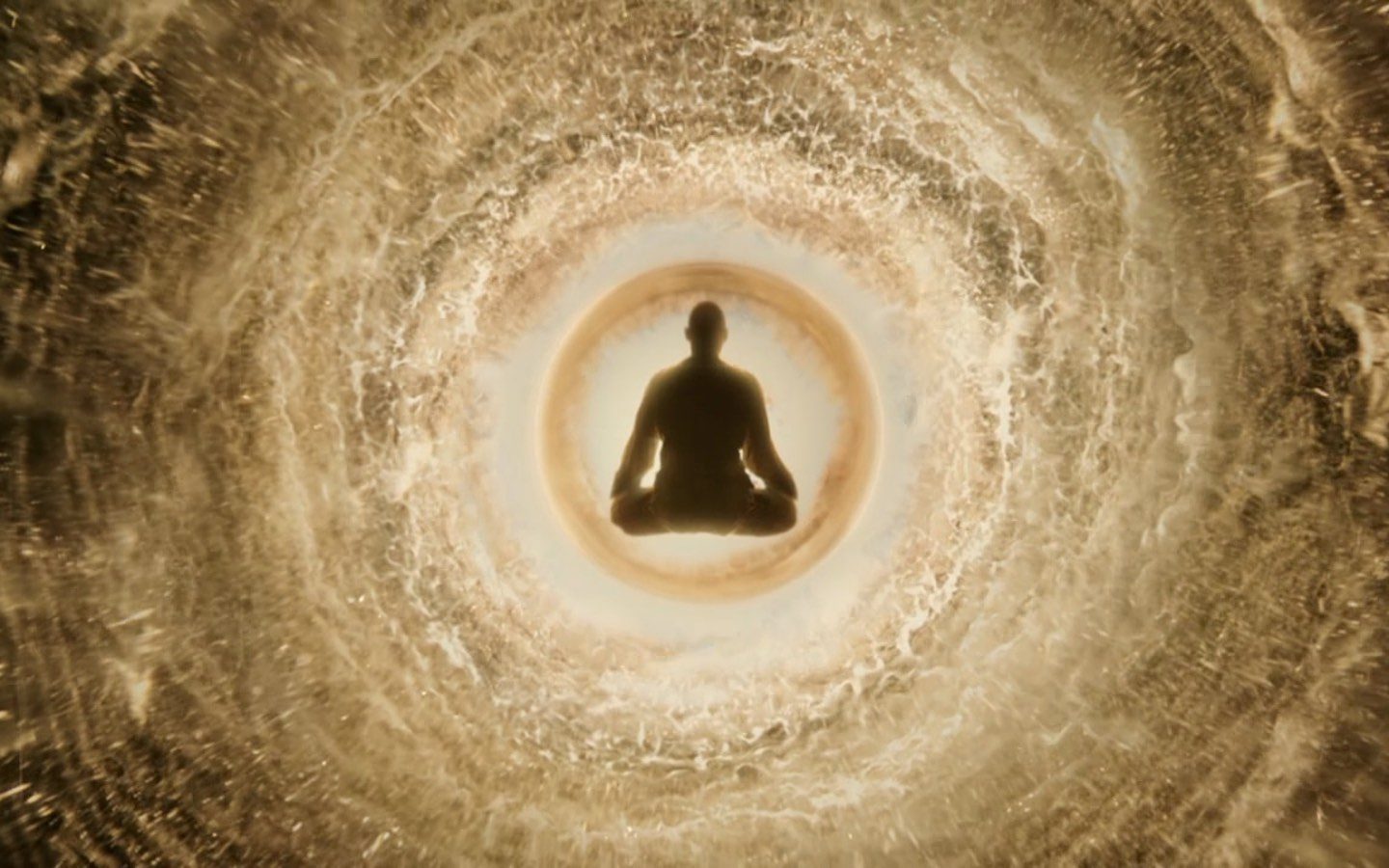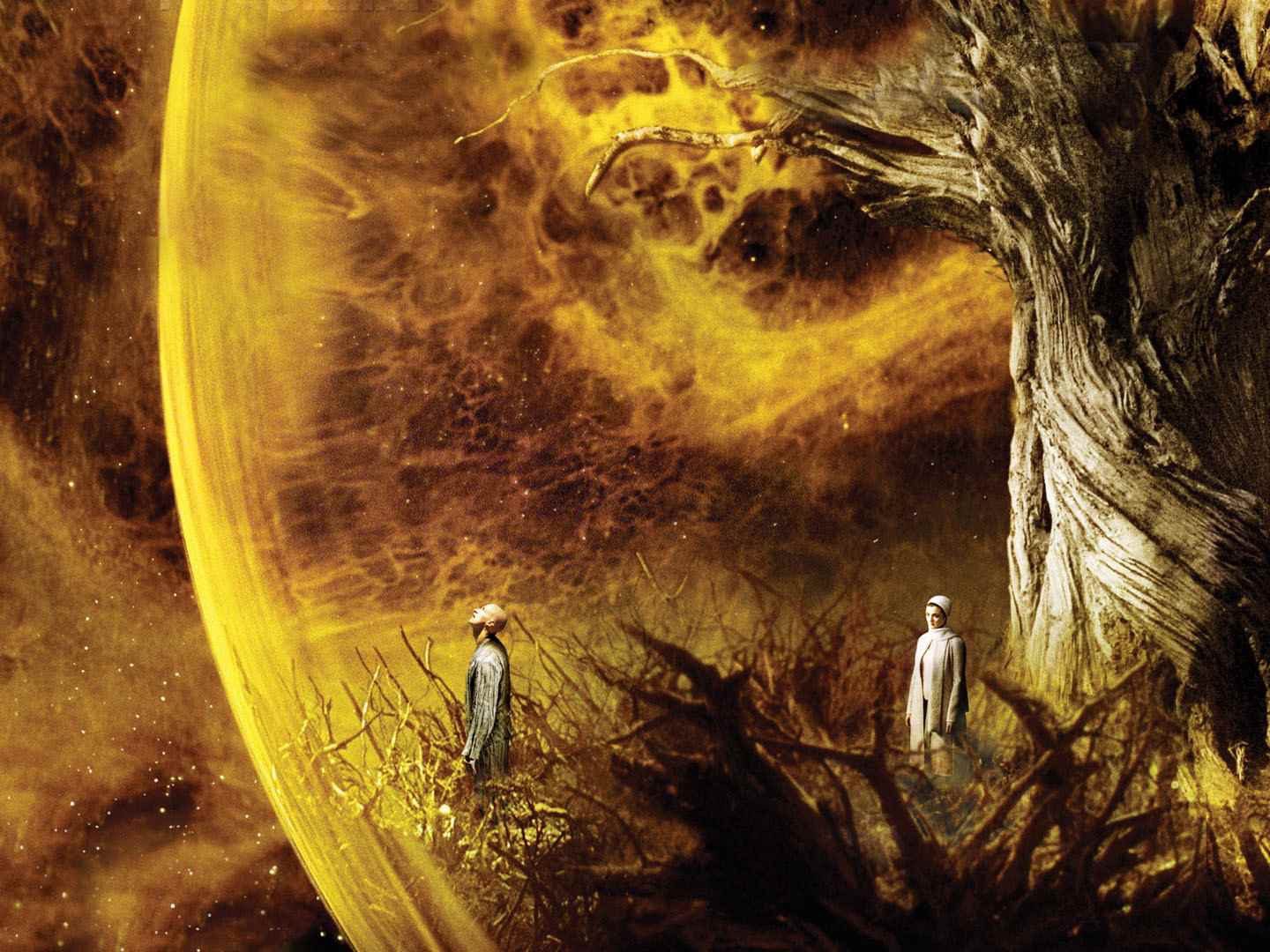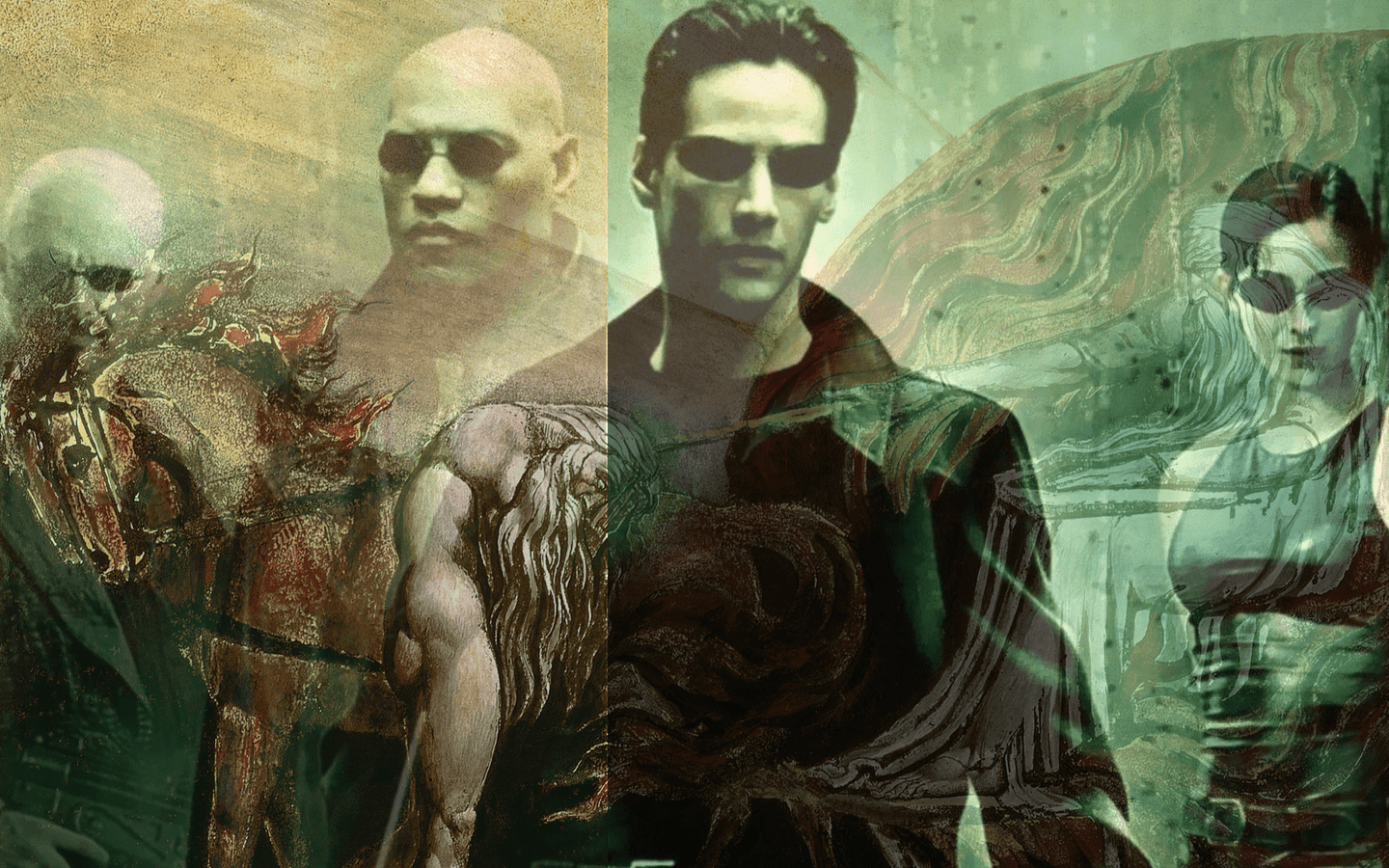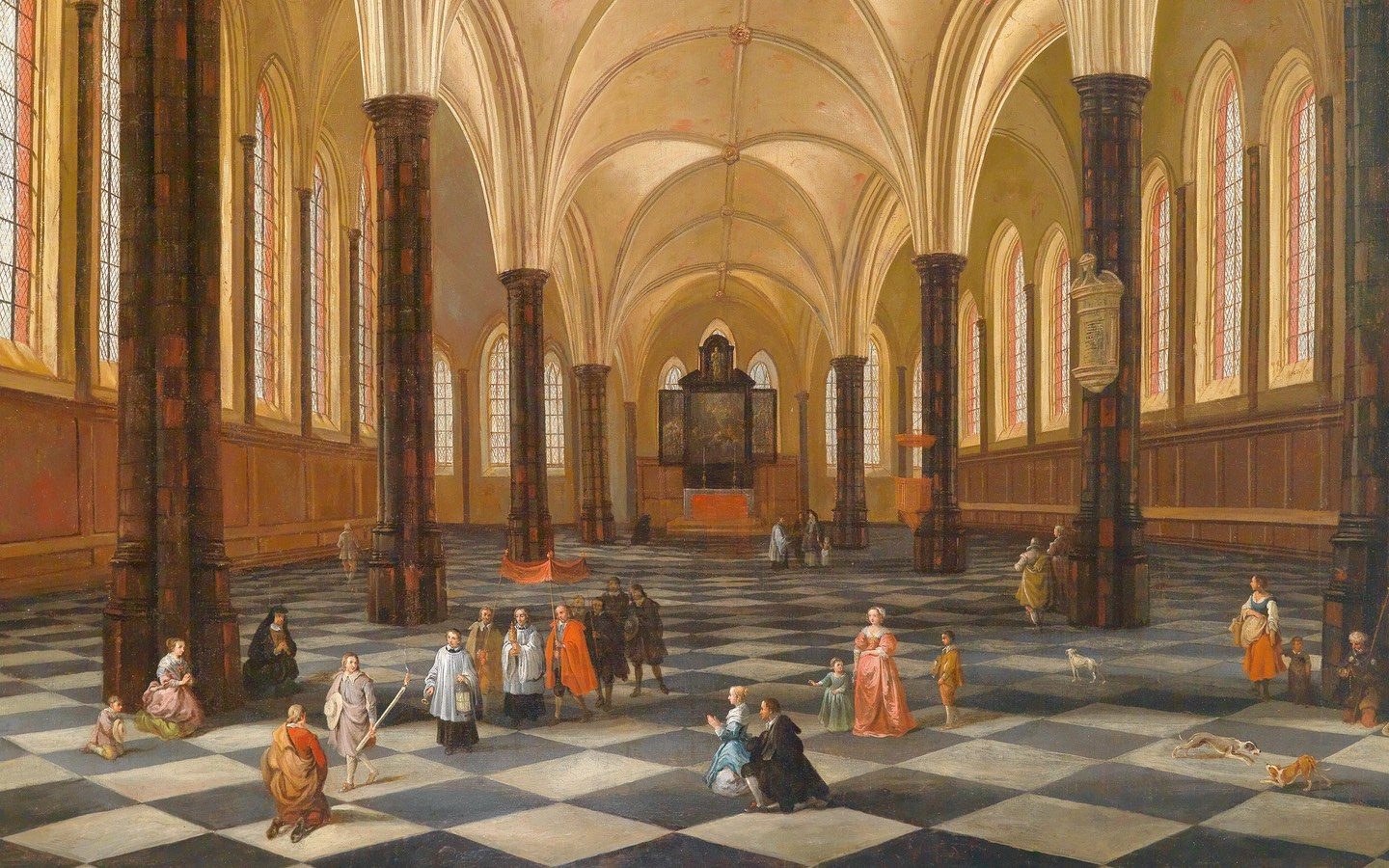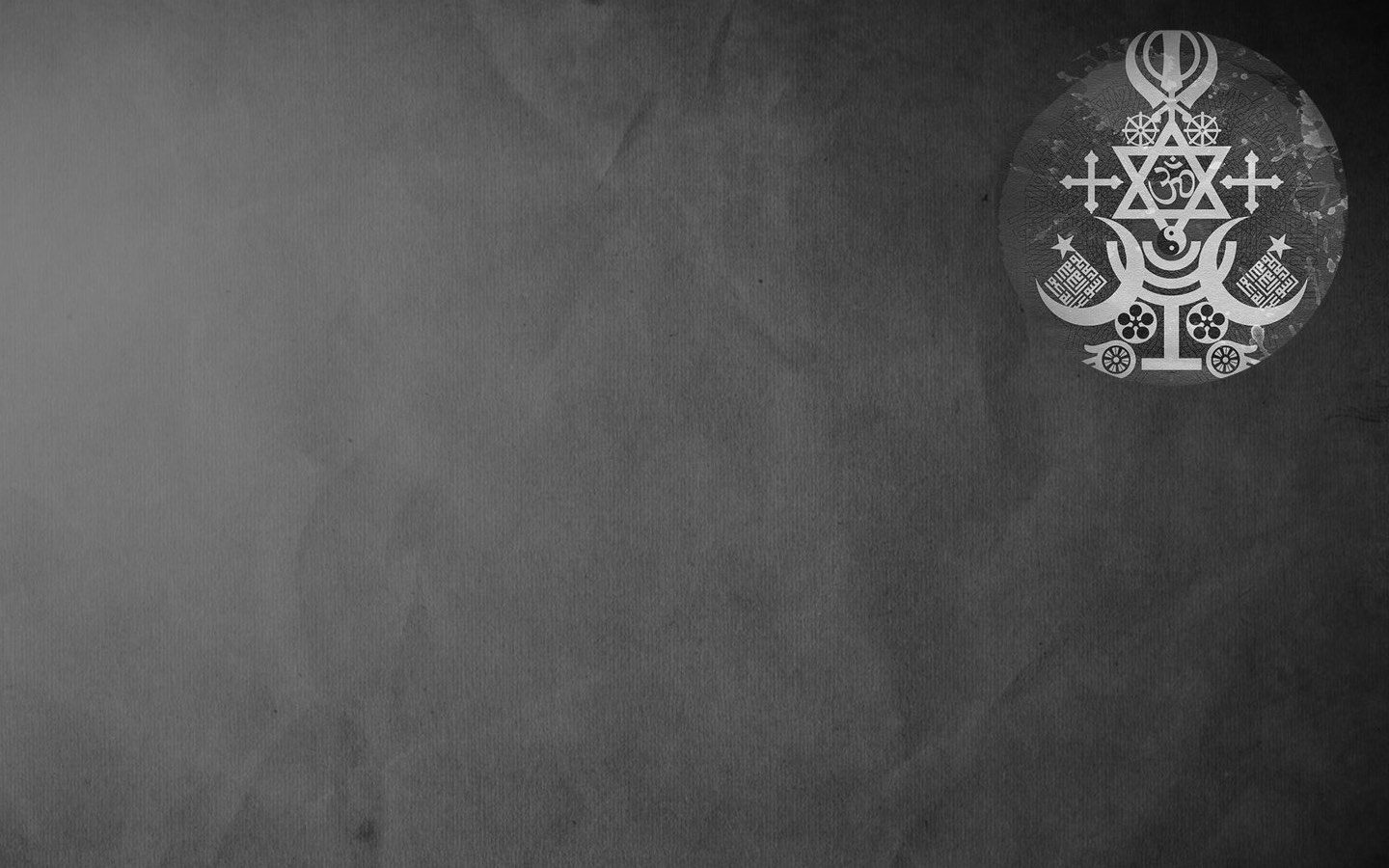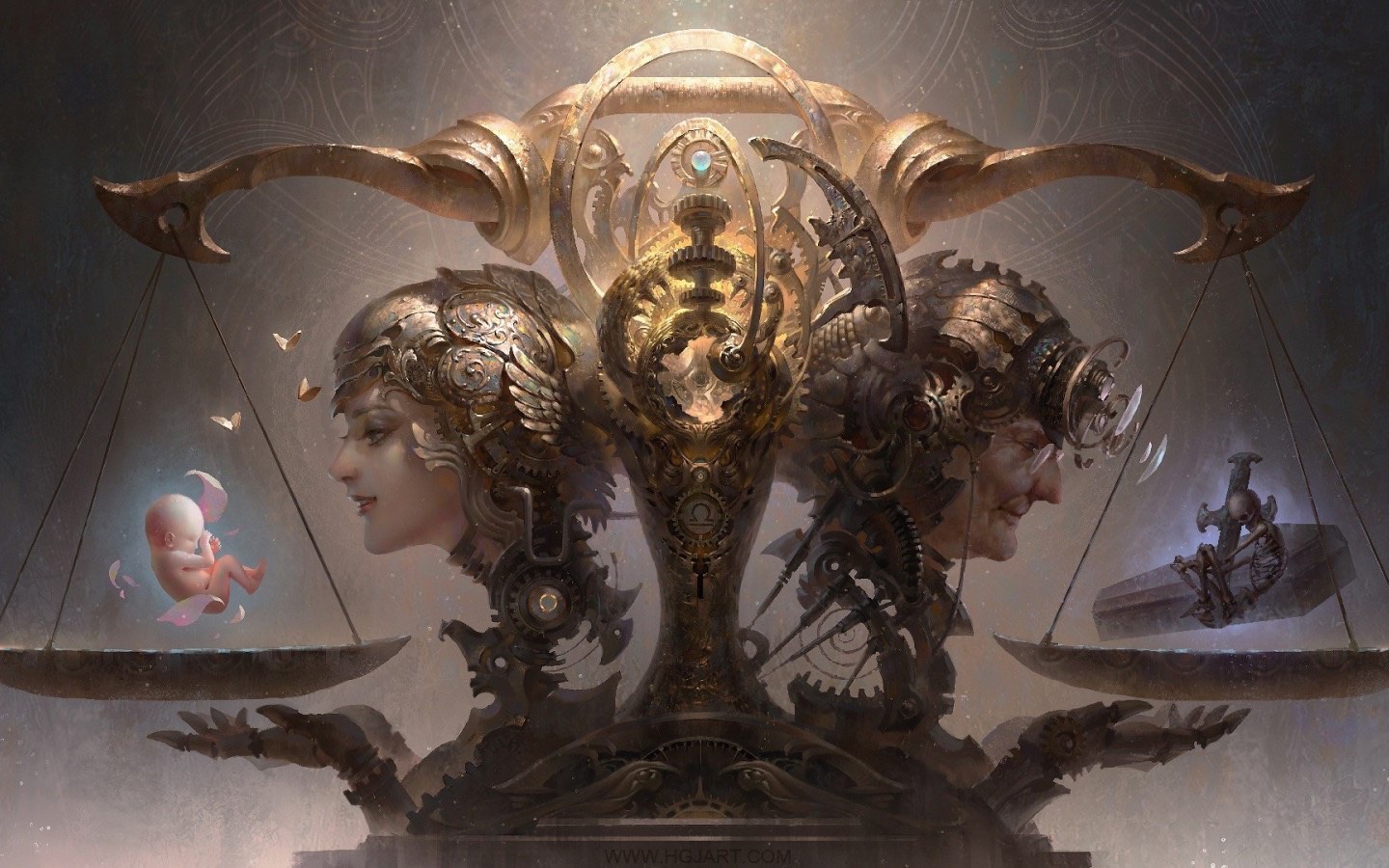The film blends with subtlety reality and fiction, especially through scenes that sometimes resemble the quest of Thomas, sometimes the one of the characters in the novel by Izzi. This allows the themes to appear as existing outside of time. The tree of life, which is the common theme of the three eras helps us to understand that there is more than one interpretation for the movie. Basically, it does not matter in detail what the movie is about, perhaps because the unified themes provide a coherence that illuminates our understanding of life a little better.
What can be understood as an odyssey through time and through the cycles of life and death is above all an odyssey through an inner journey, a real and salutary quest for the mysteries that haunt our existence. The richness and emotional depth allow us to understand how the death anxieties affect us at any level of existence.



